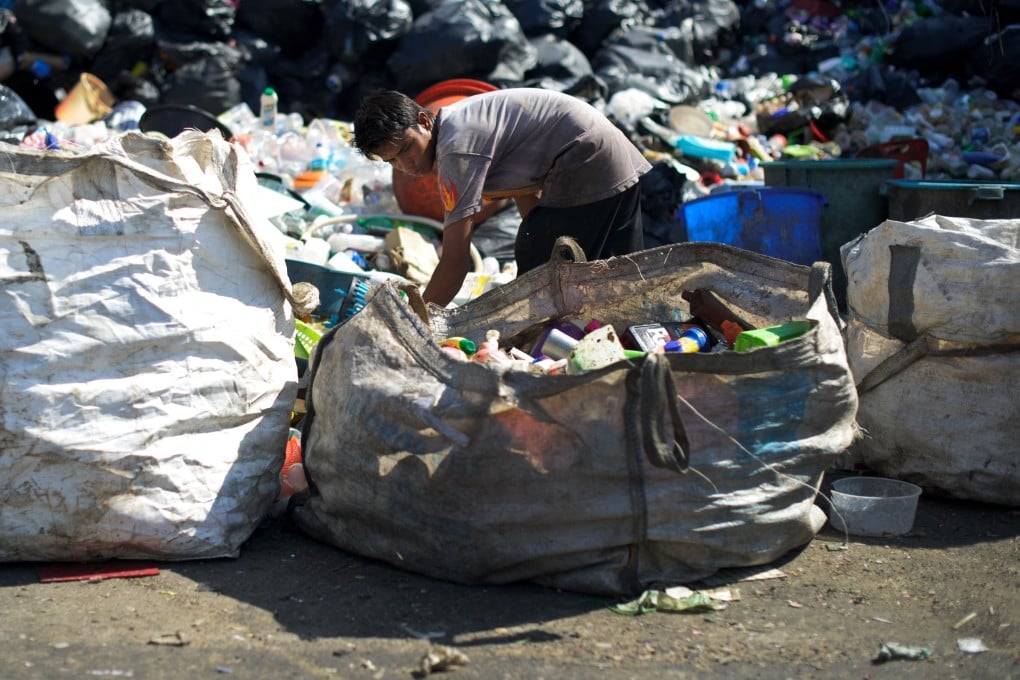UN plastic treaty gains support from China to Saudi Arabia, but can Asian countries really get rid of pollution and waste?
- 80 per cent of global ocean plastic comes from Asia; the Philippines contributes to a third of that
- Governments need to convert talk into action and prioritise waste management, while acting to reduce waste, say experts

Much of the conversation surrounding the planned treaty has been about recycling single-use plastic, but cynics of the accord say for it to have a meaningful impact it will also have to grapple with restricting production.
But doing so observers say, could run contrary to the interests of plastic producing Asian nations – and the petrochemical industry – that do not foresee a dramatic reduction in production.
About 11 million tonnes of plastic waste ends up in water bodies each year and the UN Environment Programme projects the volume to nearly triple by 2040.
The world spent an estimated US$6 billion to US$19 billion in 2018 trying to clean up the filth, according to the environmental agency.
In the accord last Wednesday, countries agreed to a resolution that creates an intergovernmental committee to negotiate and finalise a legally binding agreement on dealing with the plastic waste scourge.
